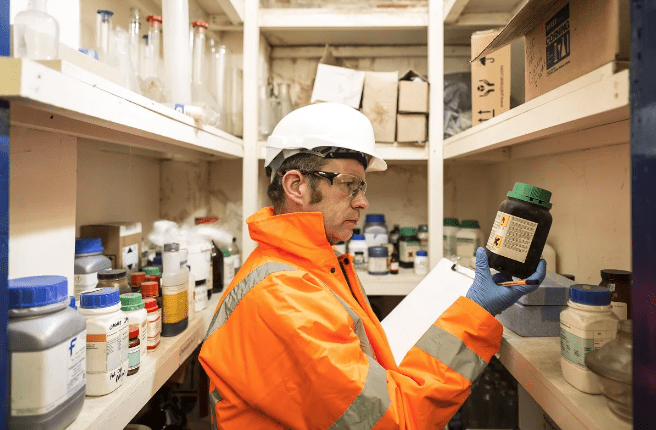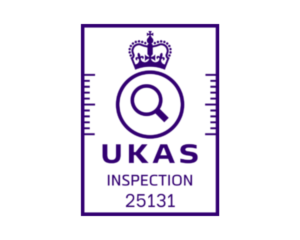As the established trade association and training body for the safety netting and temporary safety systems industry, FASET aims to always keep up to date with the latest news from the building access industry. The following story was published on fmbusinessdaily.com
Facilities managers have been urged to start the new year by completing a full audit to properly understand how much waste their operation is producing – and what happens to it when it is taken away.
With an ever-increasing list of demands, waste management is unlikely to be the top priority of a busy facilities manager.
It is, however, becoming increasingly important to ensure – and to be able to demonstrate – that waste is being dealt with in a responsible way.
Not only is waste management often key to obtaining accreditations including ISOs, sustainability is also a top priority for consumers.
For those facilities managers who have allowed waste management to slip down the pecking order, leading UK waste management company CSG has suggested an urgent waste audit is carried out to look at where improvements could be made.
Greg Smith, Operations Manager at CSG, said: “The modern facilities manager has an incredibly wide remit covering everything from building maintenance to security, communications infrastructure to inspections.
“With this workload, it is no surprise that waste management can be overlooked. As long as collections are regular and efficient, that is often considered an adequate service.
“But I’d urge facilities managers to get serious about waste, which could also lead to greater convenience and cost savings, as well as improved reputation and increased employee satisfaction.”
Greg suggested the audit start with calculating the true cost of waste to the business, including landfill taxes and disposal charges. Also included should be employment costs for handling waste – and missed revenue from not using those resources elsewhere.
The quantity and make-up of the waste generated should be assessed, examining what is non-hazardous and what is hazardous, as well as looking at the processes that are producing the waste.
Care should be taken to ensure the current waste management provider has the correct licences and permits in place. Every business has a legal responsibility to ensure its waste is being disposed of without harming human health and the environment.
Greg said: “The first consideration should be whether the amount of waste being created can be prevented. Second, could the waste be reduced and segregated better? Are there materials which could be reused or recycled?
“Once the audit is complete, it’s important for facilities managers to lead from the top and to get the rest of their team on board. They need to communicate the financial benefits of dealing with waste better and provide training in best practice.
“Suppliers, contractors and clients should also be informed of the waste management objectives. There may well be opportunities to work with suppliers and clients on waste reduction and KPIs should be agreed with all new suppliers.
“You are unlikely to be able to change everything overnight – so set timelines for specific tasks.”
Greg said performance should be regularly tracked and analysed and employees should be encouraged to offer feedback and suggestions for improvement.
CSG offers a total waste management solution that stretches well beyond collection and disposal.
Combining a range of waste management disciplines such as hazardous waste removal, industrial cleaning, emergency response and waste system maintenance, CSG minimises the amount of waste that ends up going to landfill.
CSG is able to send expert consultants to sites to help facilities managers draw up a plan of action.
As an example, CSG has a long-standing partnership with Safran Landing Systems, the world’s leading manufacturer of aircraft landing systems. CSG is responsible for the collection, recycling and disposal of all day-to-day waste generated on Safran’s 27-acre Gloucester site, including over 20 hazardous waste streams.
CSG has a dedicated team of four personnel based at the Gloucester site five days a week, 24 hours a day, advising on all issues relating to waste. The proportion of waste being diverted from landfill is now 98.72%.
Greg said: “We’ll work in partnership with your organisation to ‘map’ all waste on its journey through your site, and then provide innovative and cost-efficient solutions for recycling and waste removal.
“We can even identify unnecessary waste streams – such as packaging – and make recommendations for less costly, more environmentally beneficial solutions.
“Not only can we recommend and implement positive changes throughout your business, our consultants can also provide waste awareness training and ‘tool box talks’ where they’ll communicate practical advice in line with recommended guidelines. In addition we can teach your staff how to safely handle and manage waste whilst outlining the potential risks associated with specific tasks.
“Having a true waste management partner on board can significantly reduce the pressure on facilities managers.”









